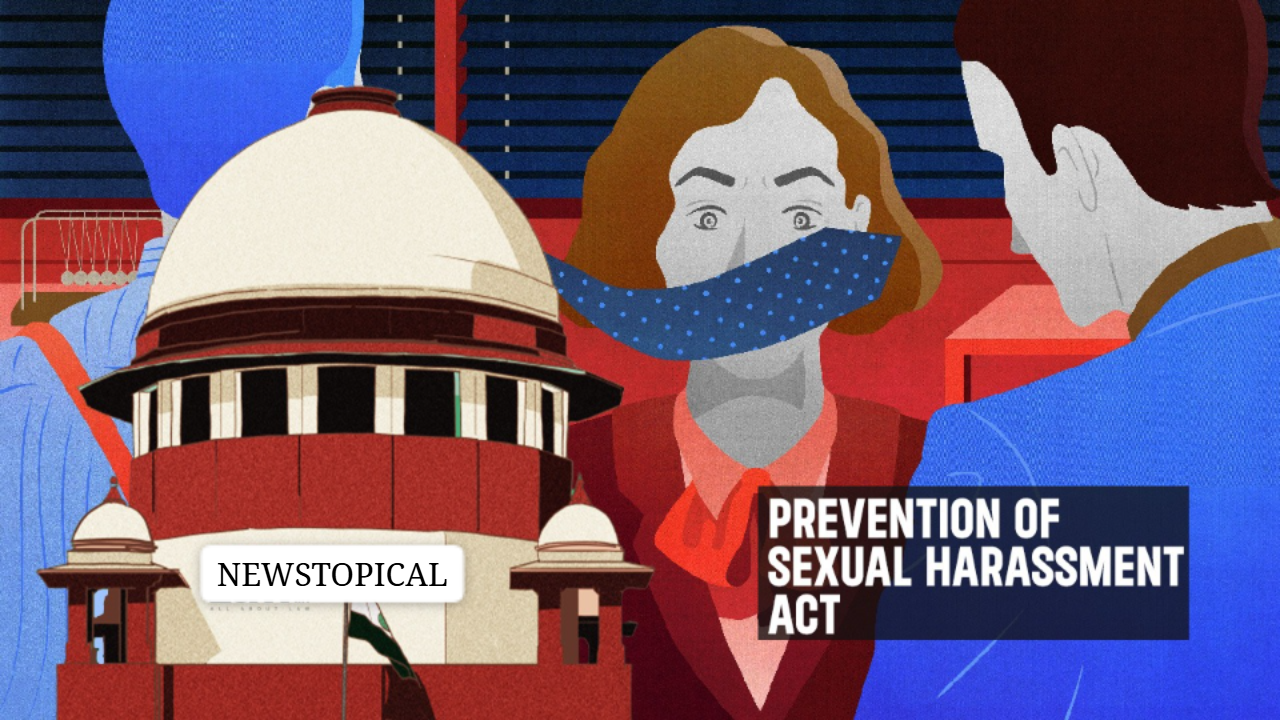
The Supreme Court on Monday did not give any order on the demand to implement the law preventing sexual harassment of women at workplace in political parties and to form internal complaint committees. The court has asked the petitioner to first place the demand before the Election Commission.
The apex court said that if the Election Commission does not take any action, then it can come to the court again. This order was given by a bench of Justice Suryakant and Justice Manmohan during the hearing of the petition filed by Yogamaya MG.
When the matter came up for hearing on Monday, senior advocate Shobha Gupta, appearing for the petitioner, said that the law on sexual harassment of women at workplace should be implemented in political parties also and the court should order the formation of internal complaint committees in political parties also, where complaints of sexual harassment can be made.
So is it difficult to enforce the law?
In its oral remarks, the bench said that the Kerala High Court has said in its order that there is no employer-employee relationship in political parties, which makes it difficult to apply the Sexual Harassment at Workplace Act on political parties. However, this law can be applied in other circumstances as well. The lawyer said that Section 6 of the Act talks about contractual employees or people from the unorganised sector complaining to the local committees formed.
Six political parties were made defendants
Six recognized political parties were made respondents in the petition. The lawyer said that only the Election Commission registers political parties. On this the court said that the competent authority here is the Election Commission, then the petitioner should first go to the Election Commission and if the Election Commission does not take action then he can come to the court again. The lawyer agreed with the court's suggestion.
--Advertisement--

 Share
Share



